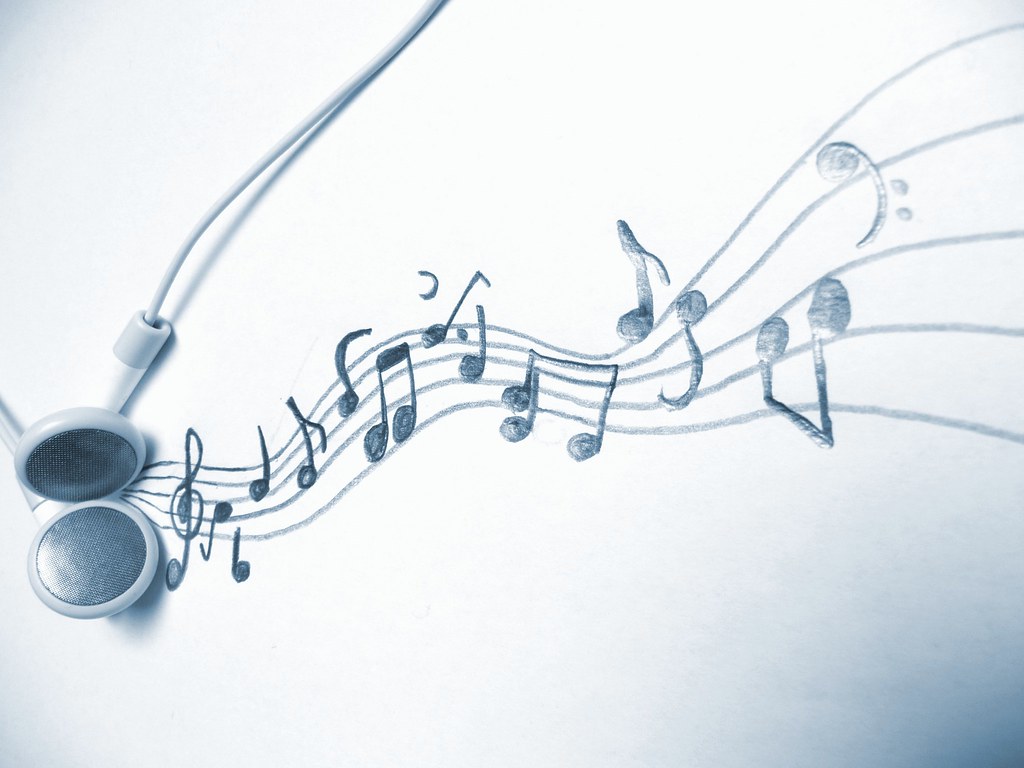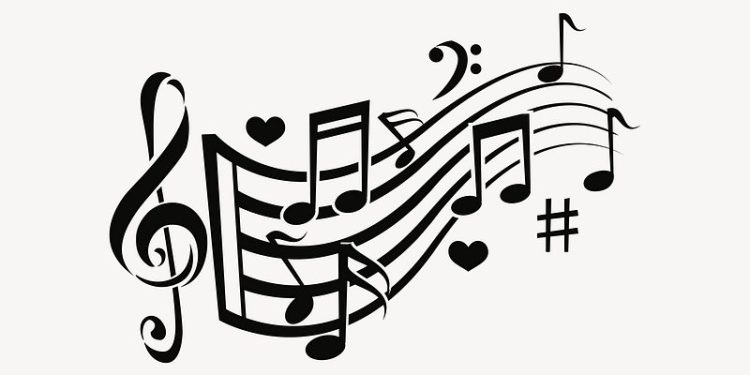Every strum of a guitar, every beat of a drum, every note from a piano echoes far more than just a pleasurable sound. It is a potent voice, a resounding resonance encapsulating the spirit, history, and identity of cultures across the globe. It’s a universal language that transcends geographic boundaries and language barriers, molding connections, evoking emotions, and engendering unity among humans. In the grand symphony of civilizations, music plays a pivotal role in expressive narratives that shape our understanding of humanity. So, let’s tune in, explore the rhythm and delve into the magnificent power of music in cultural expression and unity.
Music has stood as the transcendent language of mankind, surpassing boundaries of geography, race, and time. It is the beautiful paintbrush of human emotion, painting moods of joy, sorrow, triumph, and love. As cultures have molded and shaped their unique sounds, we find a globally shared human experience—through the rhythm and melody of songs. We comprehend sorrow felt by artists in completely different continents, the happiness of a vibrant celebration in an unfamiliar village, or even the raw unapologetic spirit of rebellion against oppression. No words are required because music speaks a language we instinctively understand.
- The power of music lies in its unique ability to foster unity within diverse communities. At its core, it represents the shared experiences and emotions that are universally human, transcending geographical, social or linguistic barriers.
- Music serves as a bridge connecting different cultures and amplifying acceptance. Continually, we see music pave the way for broader awareness and appreciation for global cultures, feeding our intrinsic curiosity to understand more about people who may live differently from us.
- Finally, music is a potent tool for cultural integration. Aided by technology and globalisation, diverse music forms from around the world are progressively assimilated into mainstream culture, helping to forge a sense of shared identity and unity across borders.
The harmony of music has vigorously demonstrated its capacity to challenge societal norms, break down cultural barriers, and catalyze change. To capitalize on this phenomenon, there are a few recommendations for cultural integration. First, supporting and promoting cross-cultural music collaborations can significantly foster knowledge and understanding of different cultures. Next, music education should incorporate a broad range of music styles from across the globe. Lastly, we must celebrate and acknowledge the music not only as a form of entertainment but also as a platform for cultural expression, history, and unity.
In the sweeping symphony of humanity, every culture contributes its unique melody, propelling the diverse opus of our shared existence. Irrespective of language and geography, it’s the harmonious cadence of music that pulsates through the veins of our collective human spirit, defying barriers and transcending borders. Music has long served as an ethereal bridge between disparate cultures, weaving a tapestry teeming with myriad rhythms, notes, and tunes which celebrate the spectrum of our cultural identities. But even more so, it plays the central role in rallying solidarity, fostering empathy, and championing the cause of unity.
It is in this exchange of sonorous symphonies and vibrant verses that we understand the Other. It is in that lulling lullaby circling the globe that we tap into the resonance of oneness amidst the ostensible differences. Perhaps no other form of expression exhibits this power quite as potent as music. In its varied forms, music elicits profound emotional responses, making cultural borders permeable, promoting shared experiences, and nurturing universal bonds.
The power of music in cultural expression and unity is hence not only undeniably significant but irreplaceable. As we continue to compose the symphony of tomorrow, may we remember – it’s the music that holds the baton, dictating the rhythm of our shared cultural march. Underscoring the human narrative, it is the invisible yet powerful conductor, orchestrating the interplay of diversity and unity, shaping the transcendental dance of human coexistence. Like a timeless rhapsody, may the power of music continue to echo through the concert hall of humanity, uniting us in the grand celebration of shared syncopation and cultural harmony. Through its potent voice, may we forever amplify the melodies of unity, preserving the exquisite symphony of our shared existence.



















